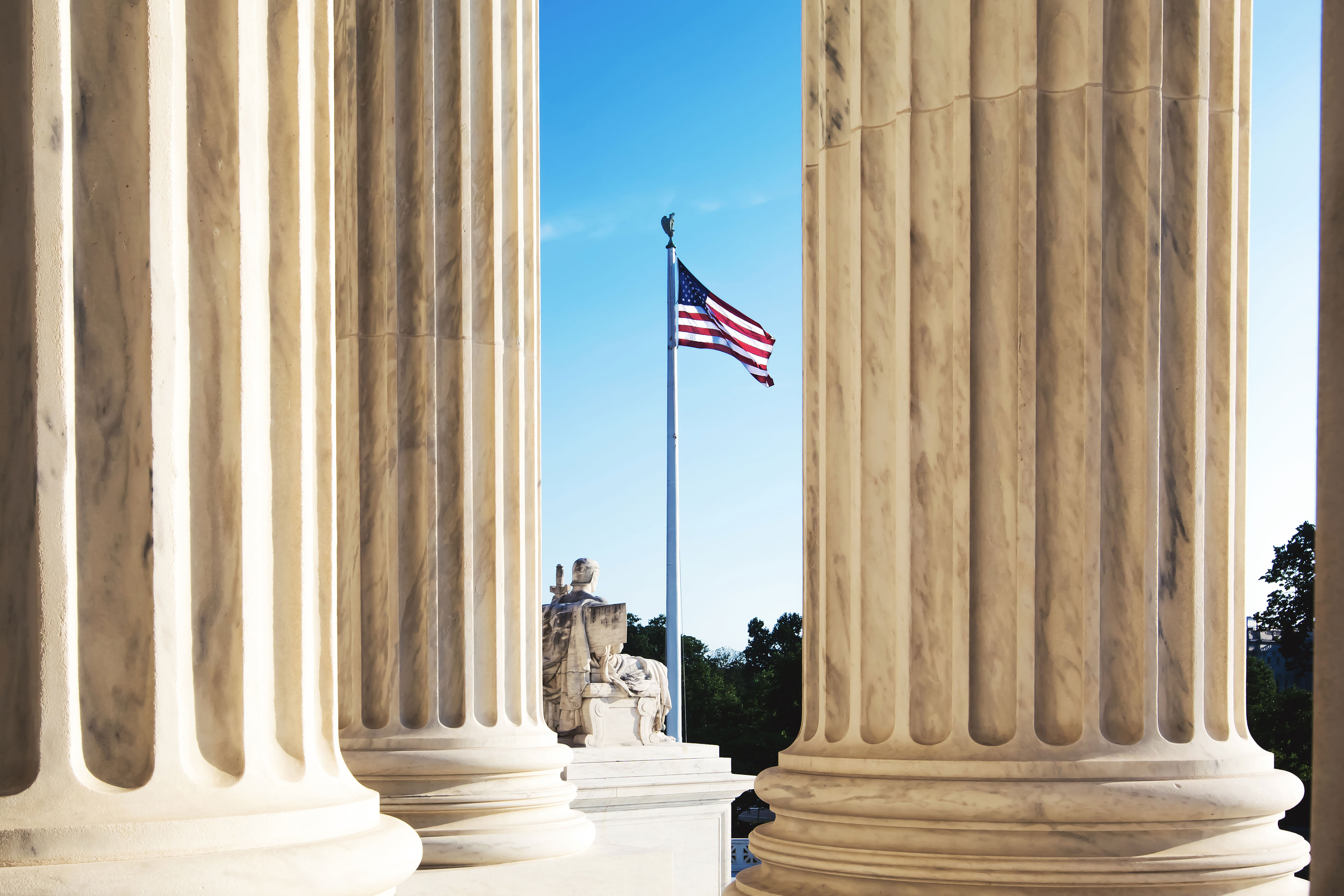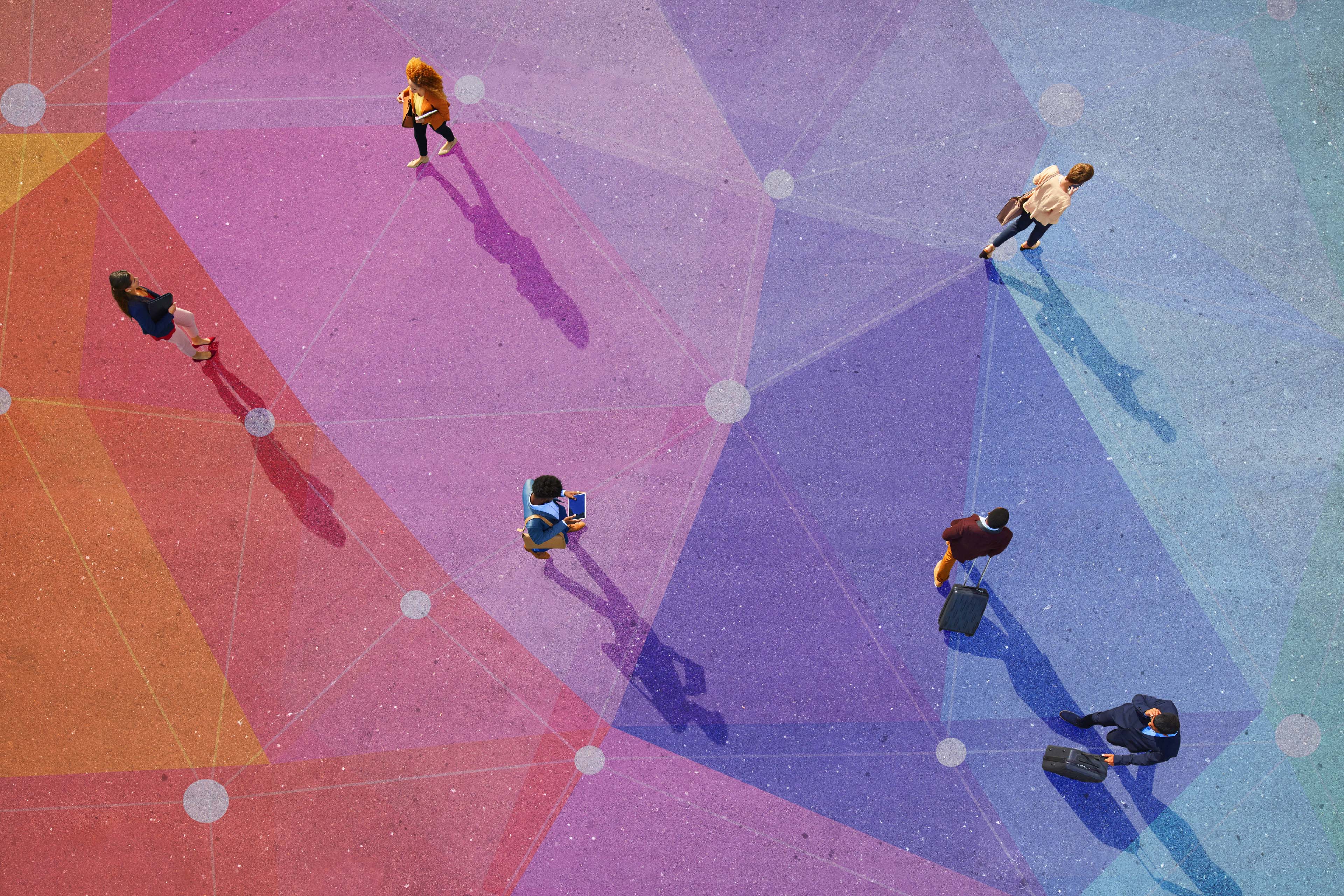EY refers to the global organization, and may refer to one or more, of the member firms of Ernst & Young Global Limited, each of which is a separate legal entity. Ernst & Young Global Limited, a UK company limited by guarantee, does not provide services to clients.
Insights
Asking the better questions that unlock new answers to the working world's most complex issues.
Services
EY helps clients create long-term value for all stakeholders. Enabled by data and technology, our services and solutions provide trust through assurance and help clients transform, grow and operate.
- See more
- 1||More about what you can do here
- 2||More about what it's like to work here
- 3||More about how to join us
- 4||More about job search
Spotlight
Industries
Discover how EY insights and services are helping to reframe the future of your industry.
See more
Case studies
Workforce
How Microsoft built a new mobility model for cross-border talent
14 May 2024Gerard Osei Bonsu
About us
At EY, our purpose is building a better working world. The insights and services we provide help to create long-term value for clients, people and society, and to build trust in the capital markets.
See more
Top news
Recent Searches
Trending
-

Presidential transition
Anticipate and adapt to the evolving legislative and regulatory implications of the presidential transition.
27 Sep 2024 -

AI survey shows investment boosts ROI, but leaders continue to see risks
As GenAI matures, we see strong investments and ROI. Learn more about how data limitations, governance issues, and AI fatigue challenge adoption.
09 Dec 2024 -

M&A outlook shows firming US 2025 deal market activity
Based on economic and market indicators, the EY-P Deal Barometer — our M&A outlook — forecasts a steady boost in deal volume.
21 Nov 2024 Growth
Back to Gen Z study overview
Gen Z mental health
Mental health was a big concern for Gen Z before the pandemic. Now those concerns are approaching crisis level.
-
While all segments saw increases, Authentic Activists had the greatest jump. Stressed Strivers are feeling the pressure more than ever.
Column chart showing comparison of the percentage of Gen Z who feel very or extremely worried by segment before and after the pandemic.
Gen Z has been affected more than any other generation in the last year.
-
According to the American Psychological Association, 1 in 3 Gen Z respondents said that their mental health was worse in 2020 than in 2019 — which was the greatest increase of all generations.
Source: American Psychological Association (2020). Stress in America™ 2020: A National Mental Health Crisis.
We can't ignore mental health challenges and expect improvement.
-
The proportion of mental health-related emergency room visits for children aged 12–17 years increased by approximately 31% in 2020 from the previous year.¹
Rates of suicidal ideation are highest among youth, especially LGBTQ+ youth. In September 2020, Mental Health America found that over half of 11- to 17-year-olds reported having thoughts of suicide or self-harm more than half or nearly every day of the previous two weeks.²
¹ CDC, Mental Health–Related Emergency Department Visits Among Children Aged <18 Years During the COVID-19 Pandemic — United States, January 1–October 17, 2020. Nov 13, 2020
² Mental Health America, The State Of Mental Health In America. 2021
Source: CDC, Youth Risk Behavior Surveillance - United States 2019, August 2020
However, Gen Z is self-aware and looks for support more than prior generations.
-
Even still, there are giant red flags with those that are not seeking help with mental health issues, particularly for Gen Z members that are in groups like ethnic minorities and those within the LGBTQ+ community.
They’re using social media as a tool for connection.
-
Instead of using social media for projecting, a majority use it to communicate. About two-thirds of Gen Z respondents say that their relationships with friends have actually become stronger or haven’t changed over the COVID-19 pandemic.
Only Big Dreamers use social media similarly to other generations — projecting versus connecting. Because of this, social listening for Gen Z will likely capture only a smaller segment of the generation.
74%of Gen Z respondents said they used social media apps to communicate more often with their friends
And when needed, 1 in 3 Gen Z respondents took a break from social media.
-
Gen Zs aren’t just aware that they need a break; they are willing and likely to take it (however long it may be).
Implications for employers: mental health is physical health.
-
This is a generation that has been raised in an era where there is an open discussion about mental health. With rising stress levels and the stigma around mental health subsiding, employers will do more than just encouraging taking time off or promoting positive cultures. Holistic mental health will address mind, body and spiritual wellness, and will need to inhabit how Gen Zs feel, not just how they look.
We anticipate organizations being more vocal about their specific efforts to support the mental health needs of their people, since it will become a key element of any recruiting or retention effort.
